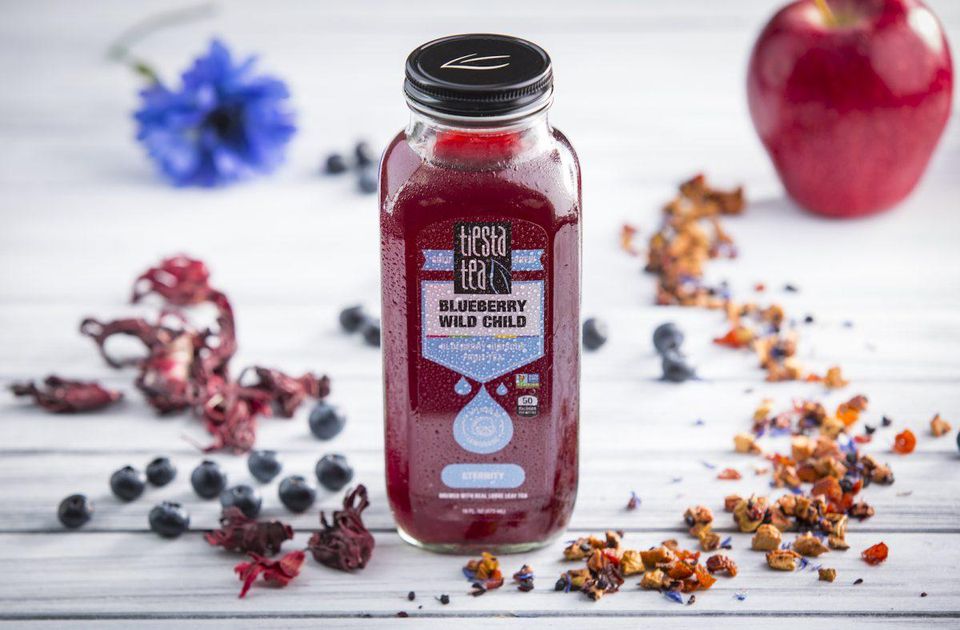
Entrepreneurs across the country are constantly testing their food and beverage offerings, but where they test them matters. Just because something works on either coast doesn’t mean it’ll take off nationwide, says Alan Reed, executive director of Chicagoland Food and Beverage Network. “But if things work in Chicago, you probably have a nationwide success on your hands ,” Reed says.
Chicago is unique in that not only does it already have a massive food and beverage infrastructure — more than 4,500 food and beverage companies are based in the greater Chicagoland area alone, including large global companies like Mars Wrigley, PepsiCo, and KraftHeinz — but it supports start-ups like SimpleMills, Tiesta Tea, and RXBar because the city is loaded with a wealth of resources here, food and beverage industry talent, and expertise that’s hard to find elsewhere.
Chicago’s deep food and beverage history is among the reasons Dan Klein, CEO of Tiesta Tea, decided to launch their new business in Chicago rather than California, which was a contender. He and his partner, Patrick Tannous, grew up in the suburbs of Chicago, went to school at the University of Illinois at Urbana-Champaign and the University of Illinois at Chicago, respectively, and all of their connections were in Chicago.
“The Chicago food market is extremely innovative yet entrenched in history as there are so many iconic food brands and companies based in the Chicagoland area, such as Kraft, McDonald’s, Vienna Beef, and there is a great support network in Chicago for young food entrepreneurs looking to get a product off the ground,” says Klein.
What really helped their business take off was the ability to test new things in a market that wasn’t too small or too large and receive feedback they could apply immediately.
“Chicagoans are open to trying just about anything, but are usually not trendsetters when it comes to food innovation,” admits Klein, who feels he sees more of that on the West Coast. What’s surprised him, though, about launching their company in Chicago is that testing a product in the Midwest is a great way to understand its scalability.
It doesn’t surprise Reed who feels Chicagoland is made up of a great cross-section of U.S. consumers. “It is a place where hip, urban Millennials live, as well as savvy suburban shoppers,” he notes. “Chicago is a real bellwether of success in the U.S.”
Groups like the Chicagoland Food and Beverage Network, FamilyFarmed, 1871 Chicago, and The Hatchery, among other incubators and networking organizations, are only helping budding food and drink entrepreneurs like Tiesta Tea.
“Chicagoland being a ‘test market’ for food and beverage is already happening,” adds Reed.
Still, Reed says, the food and beverage industry is changing quickly so a siloed approach just isn’t an option any longer for companies. “By building a network and a food and beverage community here in Chicagoland, we are creating ‘The Silicon Valley of Food & Beverage’ by helping foster the kind of community and collaboration that will help to create the next iteration of the food & beverage industry in the U.S. and globally.”
The size, scale, and unique makeup of the industry here, with big, small, and everything in between, put into an eco-system of highly talented and creative companies and individuals, make Chicagoland a unique and gigantic petrie dish, according to Reed.
“What works here, will work in the rest of the U.S.” he says. “And driving industry to lead and create the future is both exciting and worthwhile. The future of food and beverage is getting created here in Chicagoland.”
